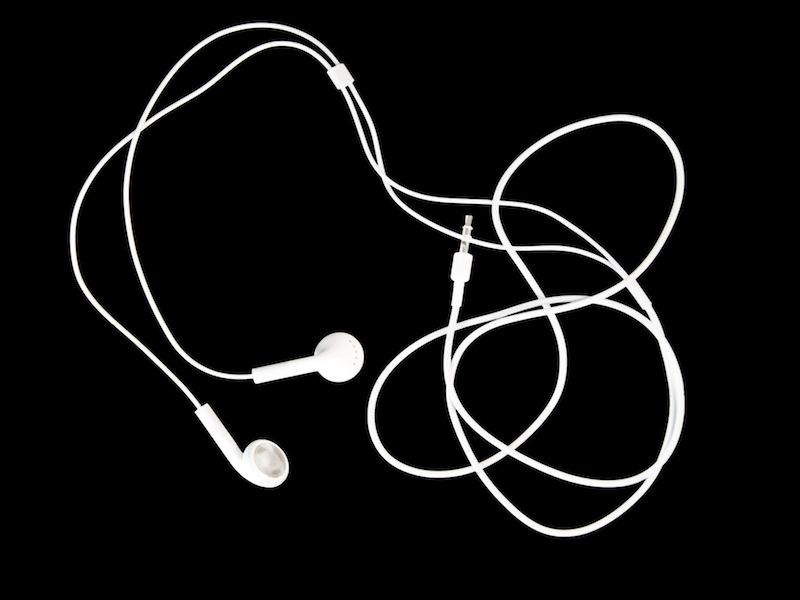
It’s not necessary to feel like your by yourself if you haven’t had a hearing exam since you were a youngster. It’s not normally part of a routine adult physical and unfortunately, we often deal with hearing reactively instead of proactively. As a matter of fact, even when they realize they have hearing loss, most people disregard it for up to seven years which can severely affect your health. In fact, untreated loss of hearing has been proven to raise your healthcare costs in the long run.
The good news, In order for our hearing experts to help you, we recommend a hearing exam which is easy, painless and gives a wealth of important information. Both to find out if interventions like hearing aids are helping you and also for diagnosing potential hearing problems. When you were younger, you might remember the audiometry test from school, but a full hearing exam will give you a clearer understanding of your hearing without a sticker or a lollipop.
While you might not give the condition of your hearing as much attention as you would the health of your teeth or your eyes, it is essential that you routinely get your hearing tested. It can be a long time before you recognize that there is an issue with your hearing. Loss of hearing usually occurs gradually, and the earlier you recognize a problem with your hearing, the sooner you might be able to fix it.
How do You Know When You Should be Examined?
All newborns should be tested for hearing loss, and typically, the hospital handles that before they are sent home. The American Academy of Pediatrics suggests that children undergo formal hearing examinations when they are 4, 5, 6, 8 and 10 years old and that teenagers should have hearing exams during wellness visits with their physicians.
It’s suggested that if you are between the ages of 18 and 49, you get your hearing checked every five years and then, as you age, more frequently. After you turn 60 you should get checked every two years and if you are in between 46 and 60 every three years. But don’t let that to stop you. Your unique situation will dictate when you need to get an exam. If you find that your hearing isn’t what it once was, you should have it tested right away. A number of health concerns are associated with untreated hearing loss, like increased danger of falling, mental decline, and depression. Your ability to do work effectively and your relationships can also be influenced.
And you need to have a hearing test, in some situations, as soon as possible if you have hearing loss that is getting worse quickly. The following scenarios indicate that you need to get a hearing test immediately:
- You are experiencing vertigo
- It is difficult to pinpoint where sounds are coming from
- Asking people to repeat themselves is something you have to do constantly
- Your ears have constant ringing in them
- You are unable to hear conversations, particularly when in crowded areas
- There is earwax buildup or you had an ear infection
Whether you are at risk of hearing loss is another factor. For example, if loss of hearing runs in your family or you are exposed to loud noises on a regular basis you should get your hearing tested more regularly.
Also, more than 200 ototoxic medications exist. These drugs can be extremely harmful for your hearing and they range from some antibiotics to aspirin. In order to be sure none of your medications are impacting your ears, check with your doctor. Consider having your hearing tested more often in order to address any hearing loss immediately if you are using any ototoxic medications.
Also, think about your habits and whether they may contribute to hearing loss. Are you using earbuds a lot? Hearing loss has substantially increased in younger people, and many experts think that this is because of the use of headphones and earbuds. Loud concerts, shows, or machinery can also do significant damage to your hearing. If you think that it’s time for you to get your hearing checked, schedule an appointment today.
